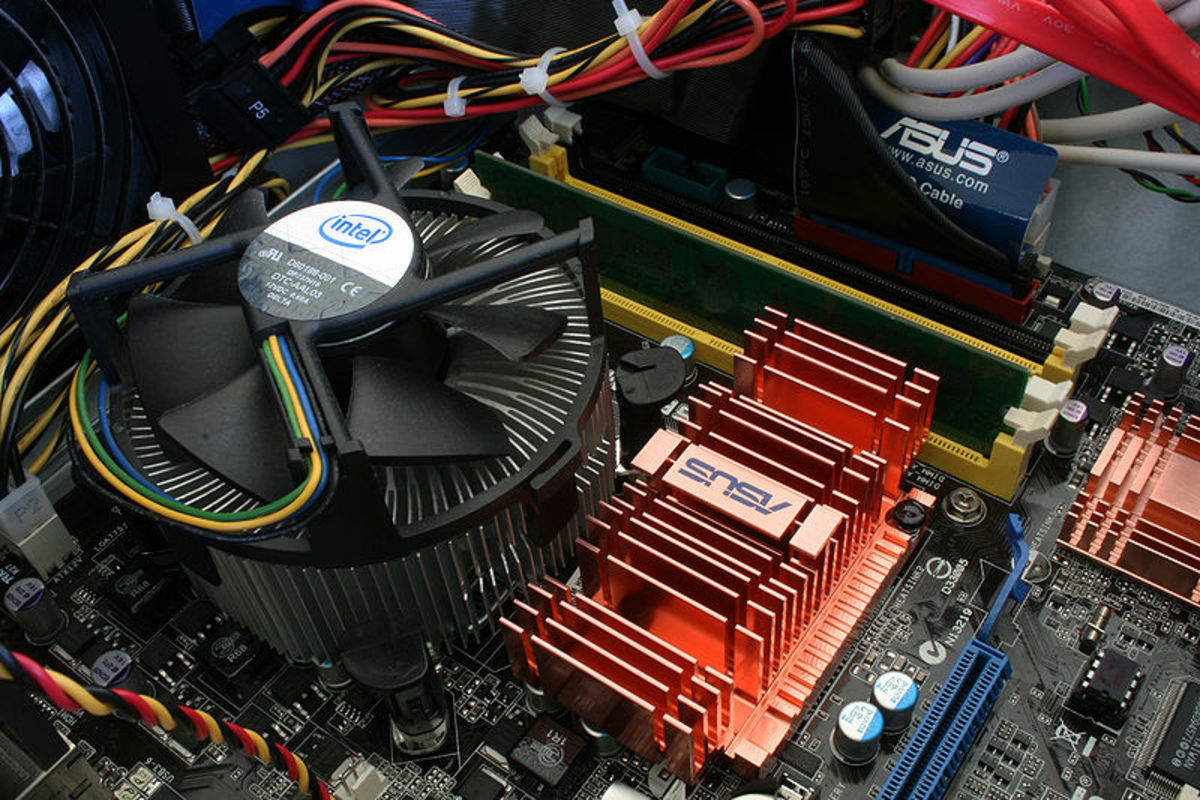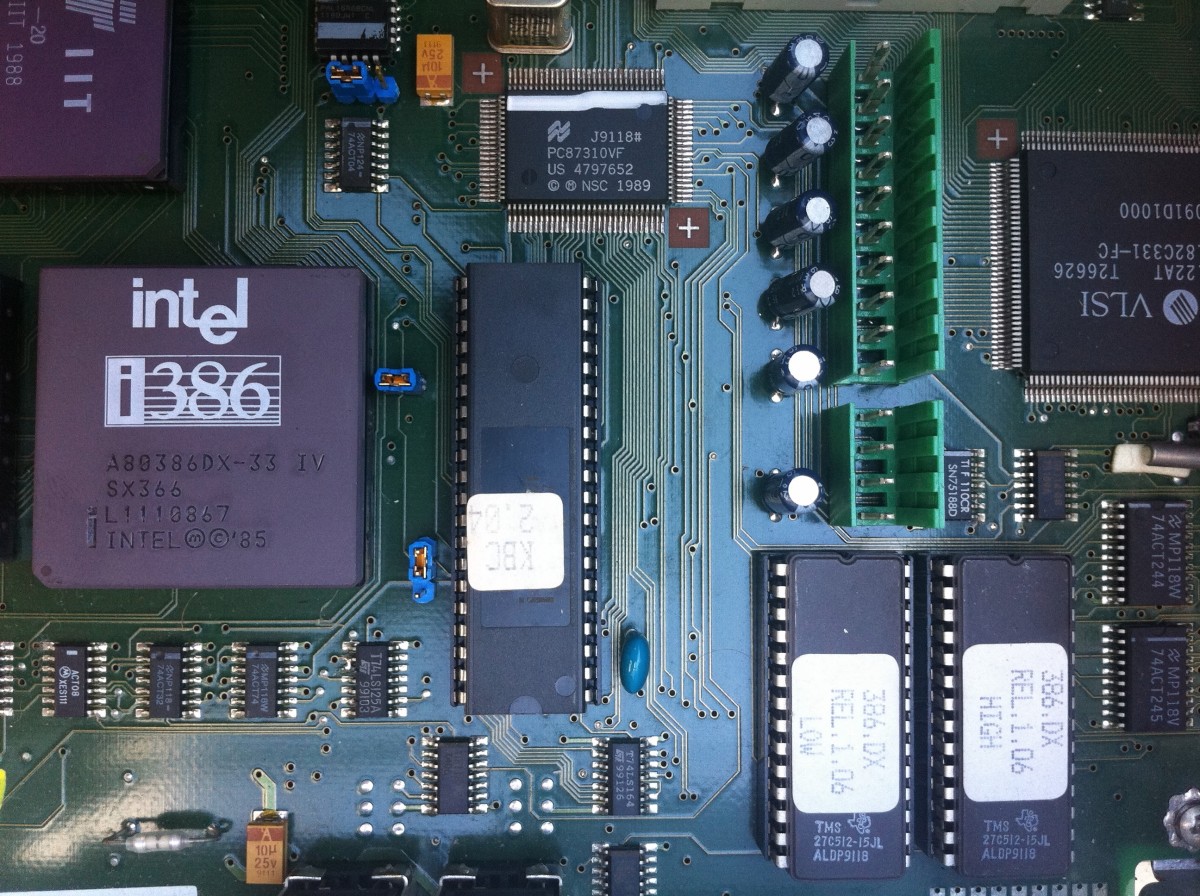what is a computer virus and How does it affect the computer?
Computer Virus
A Computer virus is a small program that interferes with normal functions of the computer.Usually a virus program is attached to a computer file. The file to which a virus is attached is called infected file. When the infected file is copied on a disk, the virus is also copied and It hides itself on the disk.
Activation of a Virus
The running of a virus program residing in a computer is called activation of the virus. The virus program executes when it is activated. The method of activation of a computer virus is defined in the virus program itself.Different computer viruses are activated in different ways. For example,Some viruses activate on a fixed date. Usually these viruses are part of some application software. When the application software is run on the computer, it checks the system date. If the system date matches the virus program date, the virus is activated.For example, Friday the 13th virus activates only if the date is 13Th and the day is Friday.
How Computer Gets a Virus
Transfer of a virus program into the hard disk of a computer is called infecting of the computer with a virus.There are many ways through which a computer can get a virus. Most common ways are:Nowadays, the most common way of transfer of virus to a computer is through the Internet. For example,
- A virus can be attached to an e-mail message. When this e-mail message carrying the virus is Downloaded onto a computer, the virus is also downloaded.
- A virus can also be attached to some software on the Internet. When this software is Downloaded from the Internet into your computer, the virus is also transferred.
- When a virus-affected file is copied from one computer to another through a floppy disk, the virus is also transferred.
Action of a Virus
Different computer viruses create different problems in different ways. The most common problems are:
- A virus may destroy all data stored in the hard disk by either formatting it without warning or by destroying some of its sectors.
- A virus may change the boot sector of the hard disk. If the boot sector of a disk is affected, it cannot boot the computer.
- The computer viruses are automatically loaded into the main memory of the computer and remain in the memory. This slows down the data accessing speed of the computer.
- A virus can destroy BIOS of the computer.
- What is Software Security?
Security means The protection of the system against threats using both technical and administrative controls.Security encompasses hardware, software, people and data. To effectively implement security requires appropriate controls, and these contro - What is a Password?
A password is a secret word, a number, or a combination of the two that must be typed on the keyboard to get access to the computer system.In a computer........ - what is meant by backup of data? Why is it necessary to make a backup or copy of your data?
The copy of data or information stored in the computer hard disk or on another storage media, for example, floppy disk. Zip disk or CD- ROM is called the backup of data.The hard disk of the computer is usually .......







